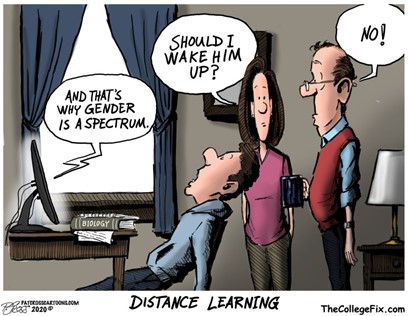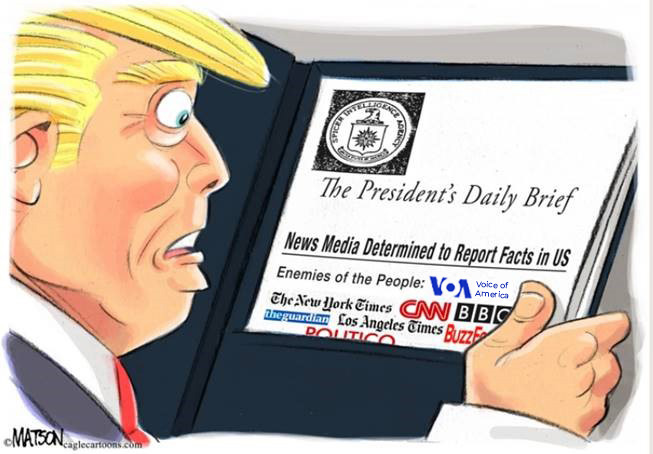I traveled the world as a Peace Corps volunteer hitchhiking in places such as Iran and Colombia and later in the grain business seeking out new commodity markets and supplies from Kazakhstan to Kuwait. In those days I found America was loved and hated at the same time. Loved for the economic opportunity it offered for trade, education, political stability, and Disneyland, not to mention the almighty U.S. dollar.
In the days of my youth (the 1960s and 1970s) many countries were jealous of the U.S. and asked “how come the Americans are enjoying life while we have to live in an unstable if not hostile environment with a worthless currency?” Now President Donald Trump ungraciously calls these “s-hole countries.” Currently the U.S. joins countries including Brazil, Russia, Qatar, Uganda and Vietnam whose travelers are barred from the EU because of their inability to control COVID-19.
To make matters worse, the organization that used to prop up America’s image was the U.S. Information Agency (USIA) which was started at the height of the Cold War has come under fire by the current administration. Its mission was to counter Russian propaganda and the restriction of a free press and elections in many countries. It was started by President Dwight Eisenhower in 1953 and become the largest public relations organization in the world, spending more than $2 billion a year to highlight the U.S. while dumping on the Soviet Union, according to Wikipedia. It has gone through several iterations as it became the Broadcasting Board of Governors and today is the U.S. Agency for Global Media. But through all the changes The Voice of America had persisted and maintained its editorial independence.







